From Revolution to Republic -- Dark Bargain:
The Role of Black Patriots in the 18th Century
sponsored by the Delaware Humanities Forum
photos by Ralph Nelson, with apologies for the under-exposed photos.
Note: "Black" is used here to indicate a wide variety of people
who had some African ancestry and might be slave, indentured, or free.
| Return to Revolutionary Weekend |
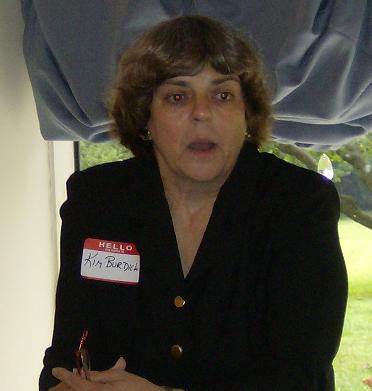
Kim Burdick, chair of the W3R Association of Delaware
welcomed the participants to the opening event of the weekend
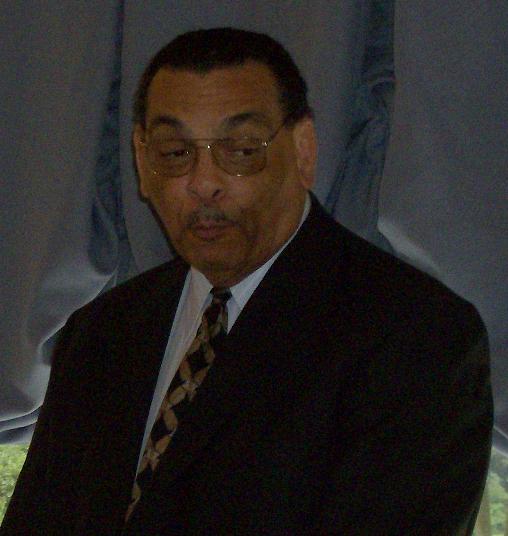
James A. Baker, Mayor of Wilmington
brought greetings from the city and its people
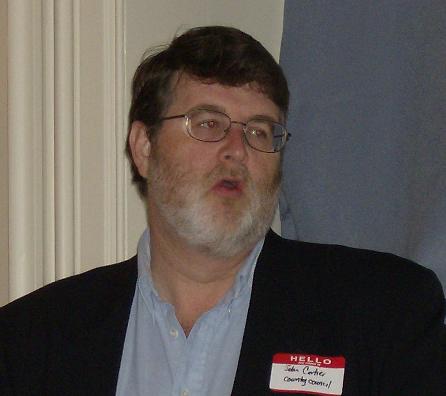
John Cartier, member of the New Castle County Council
noted the county's support for the W3R over the past six years
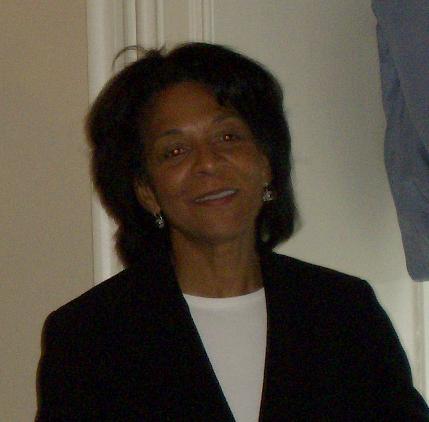
Marilyn Whittington, Executive Director of the Delaware Humanities Forum
introduced the topic and speakers for the forum
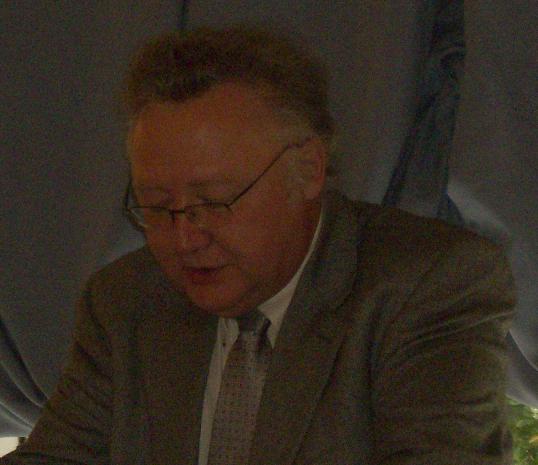
Dr. Robert Selig, historian for the National Park Service's study
of the Washington-Rochambeau Revolutionary Route, spoke about
* the many ways in which both free and enslaved blacks
participated in supporting the rebel or loyalist sides
* how the regulations and promises of both sides
changed over time and were honored or not
* the numbers of black freemen and slaves in the various states
and military units during the Revolution and in the early 1800s.
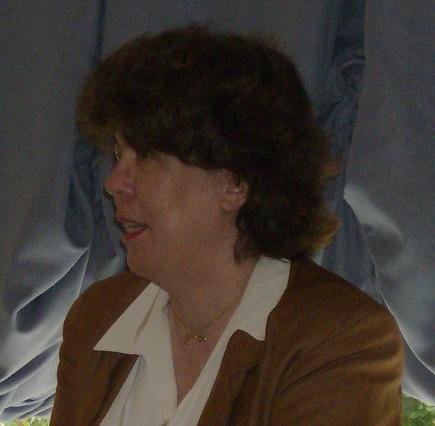
Dr. Julie Winch spoke about the experiences of James Forten --
a young black sailor who was captured by the British, imprisoned
for several years, and later became a businessman in Philadelphia.
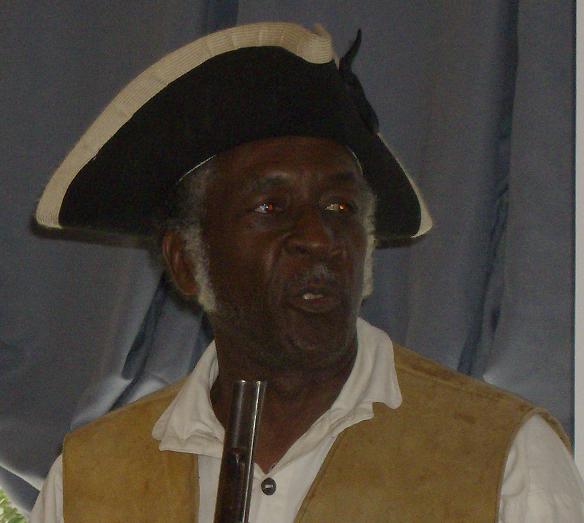
Willis Phelps, Revolutionary War re-enactor, talked about the importance
of providing live visual representations of black patriots in many roles.
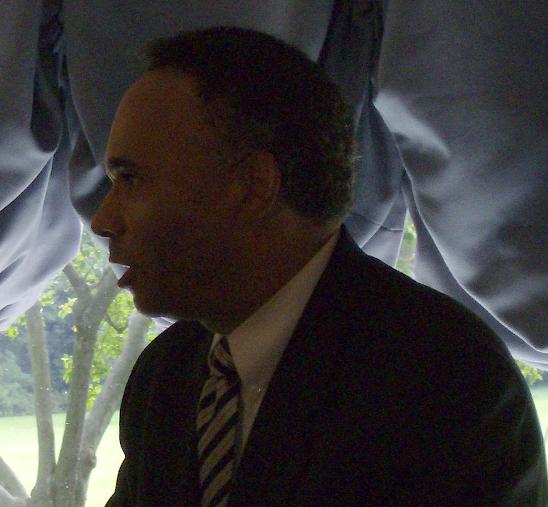
Maurice Barboza spoke on his experiences in seeking names of
and recognition for black participants in the American Revolution
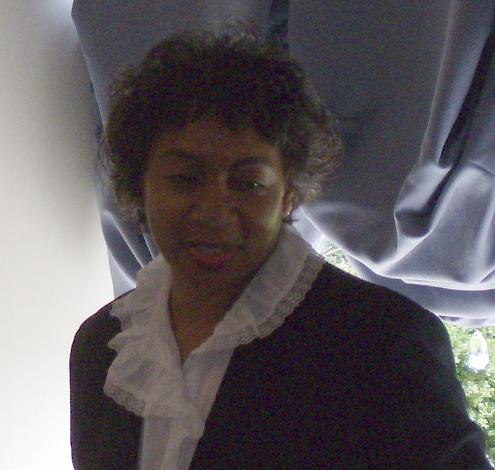
Dr. Clara Small spoke about the experiences of blacks from the Delaware
in the Revolution and afterward as the manumission movement began.
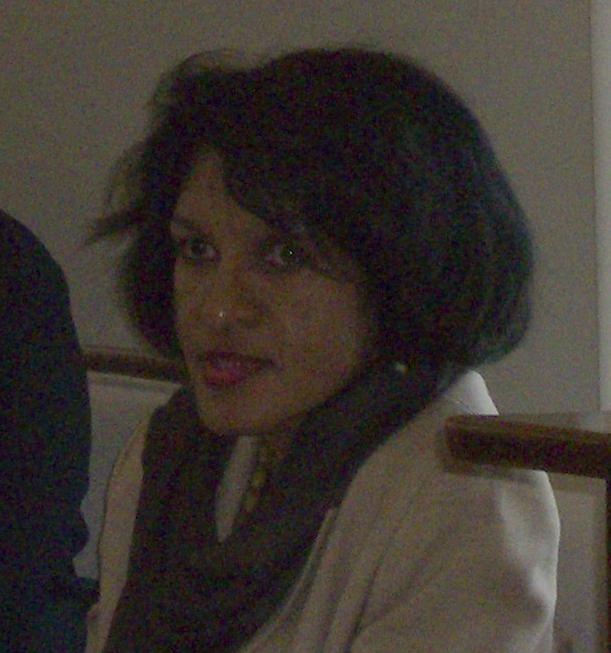
Denise Dennis described her ancestor's experiences during the Revolution
and afterward in starting a new town in Pennsylvania, where the family still lives.
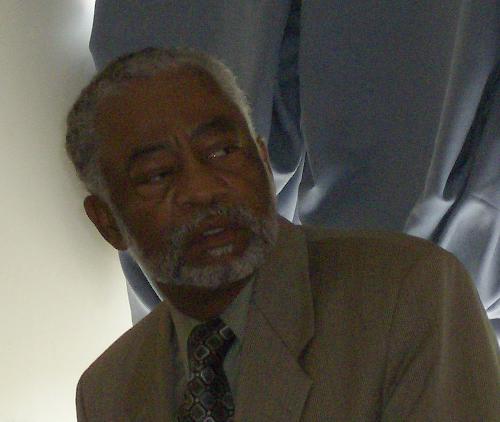
James Newton moderated the panel discussions
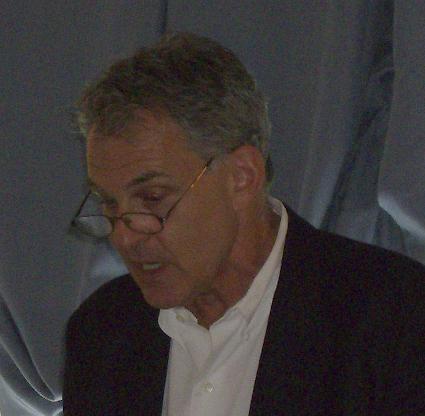
Dr. Lawrence Goldstone spoke on the politics of the Constitutional Convention,
noting that the delegates were hard-nosed business men intent on creating
a structure that would preserve the power structure of that time.
Dr. Timothy O'Rourke [no photo] took issue with this view, saying that the focus
of the Constitutional Convention was to correct the flaws in the Articles of Confederation.
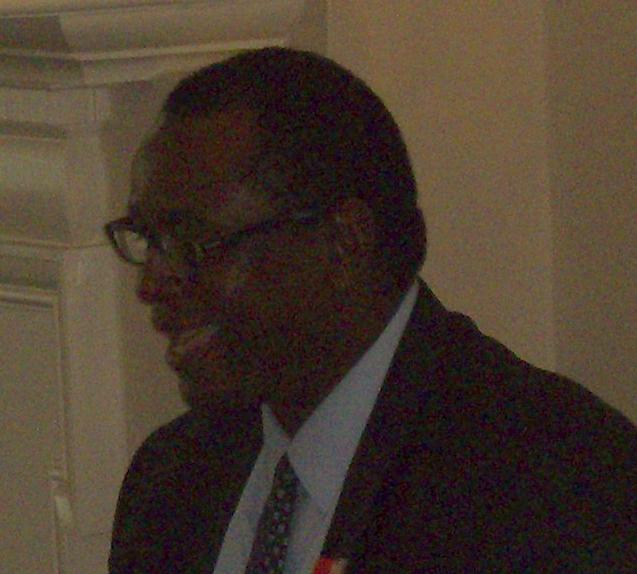
Dr. Ted Davis presented the view that Declaration of Independence's
phrase "all men are created equal" was intended as a reminder to England
about the rights of European settlers and not as an incentive for slaves
to leave their current situation and overturn the social structure in the U.S.
Interpretive Marker at the Robinson House
--- sponsored by Sunoco, Inc., and Honeywell ---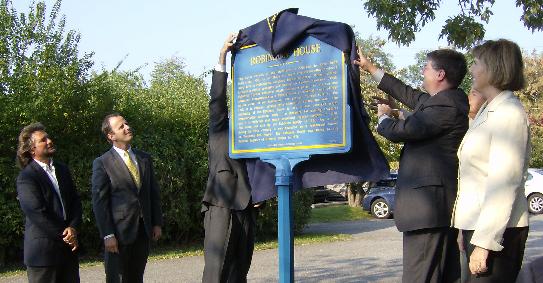
Unveiling the marker, noting that the oldest portions date to the 1730s,
that Thomas Robinson was a Lt. Col. in a Pennsylvania Continental Regiment
(not Delaware) and that many prominent figures stopped there as they travelled
on the King's Highway (main coastal road) from Baltimore to Philadelphia.
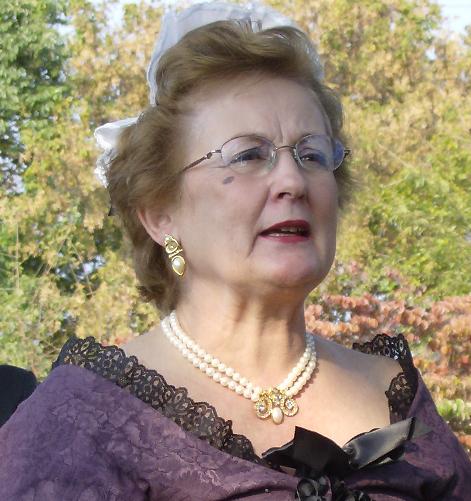
Francis West, president of the Naaman's Heritage Association, in colonial dress.
| Return to Top of Page |